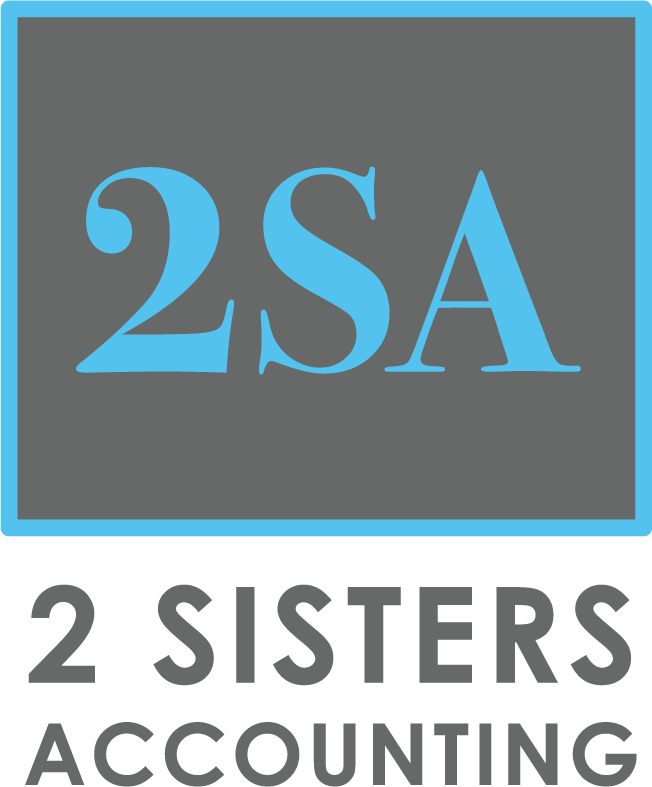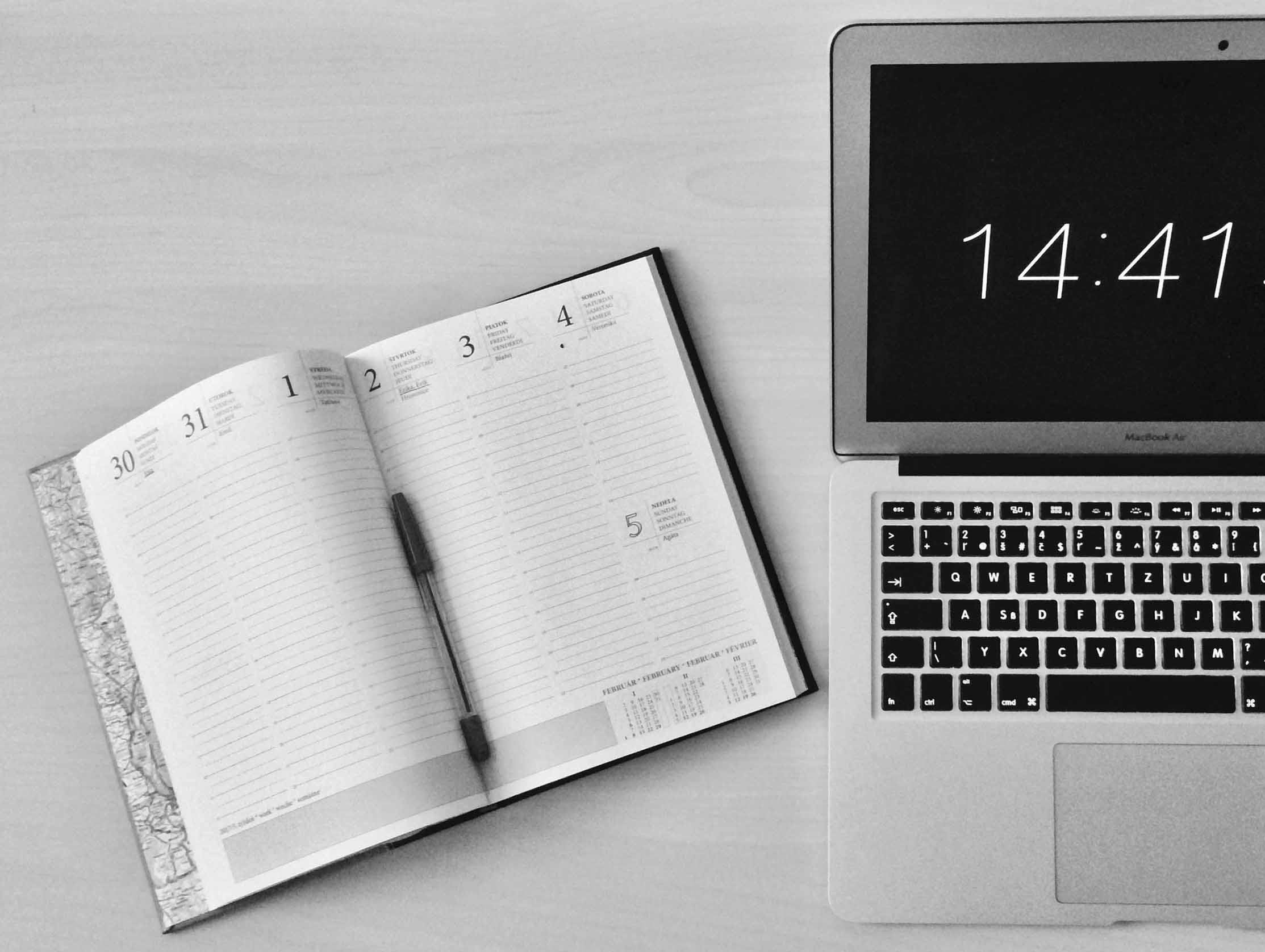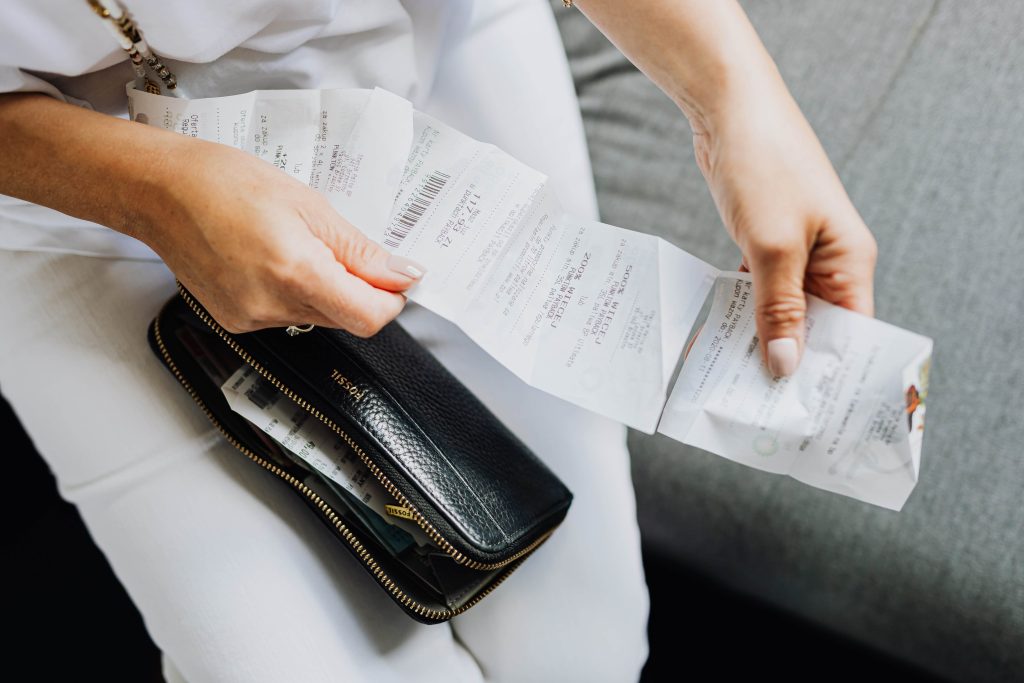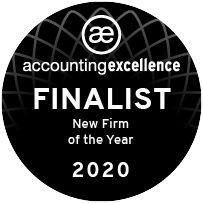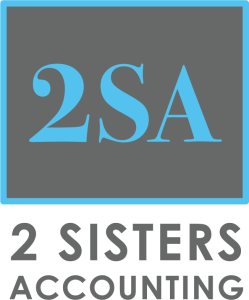One of the first questions we hear from new small businesses is, “Can I buy this through the business?” The fear of falling foul of HMRC’s rules on what is allowable and what isn’t is something that we can hopefully clear up pretty easily.
The key thing to remember is “wholly, exclusively and necessary”. The expense must be wholly and exclusively for the business. It must not be, for example, partly for another role or job or for personal reasons. The business expenses were necessary, not just for you, but for any employee doing your job.
But what does that mean in reality?
For a fashion blogger, it would mean the camera you buy to take your outfit of the day pics is absolutely an allowable expense. A new vacuum to make sure the background of your photos is clean would not be.
For plasterers, that new heater that will dry rooms out super fast is, of course, allowed, and the fact that it keeps you warm while you’re working is just an added bonus.
The question to ask yourself is, “If an HMRC auditor made me justify this under the wholly necessary exclusively rule, could I do it?” Just because you’ll use that expensive new speaker in the office, if you’re also using it at home in the evenings and at the weekend, is it really a business expense?
Entertaining Expenses
Businesses are allowed to spend £150 per employee per year on Staff Entertaining without having any tax consequences. This can be split through the year on various events, so could be a Summer BBQ and Christmas Party. If you go even £1 over the £150 limit the entire amount becomes subject to tax!
Client entertainment is never a tax deductible business expense. This means it will decrease your profit but you’ll still have to pay tax as if it were included.
Petrol and mileage is something HMRC are starting to look into closely. Long gone are the days where you can pay the petrol for every car in your street and claim it back as a business expense. The best thing to do is keep a mileage log for all your business mileage. A simple spreadsheet with the date of travel, the postcodes you travelled to and from, and how many miles that was. With that alongside your petrol receipts then you can easily justify your costs.
Now you have a rough idea of what you can and can’t claim, make sure you keep your receipts! If you don’t have a receipt, it didn’t happen. And not just the card receipts, HMRC will be want full itemised receipts.
These can be kept in paper or electronically. We can provide plenty of advice on electronic receipt storing systems if you don’t know where to start. Just book in a call using the link up the top of the page.
